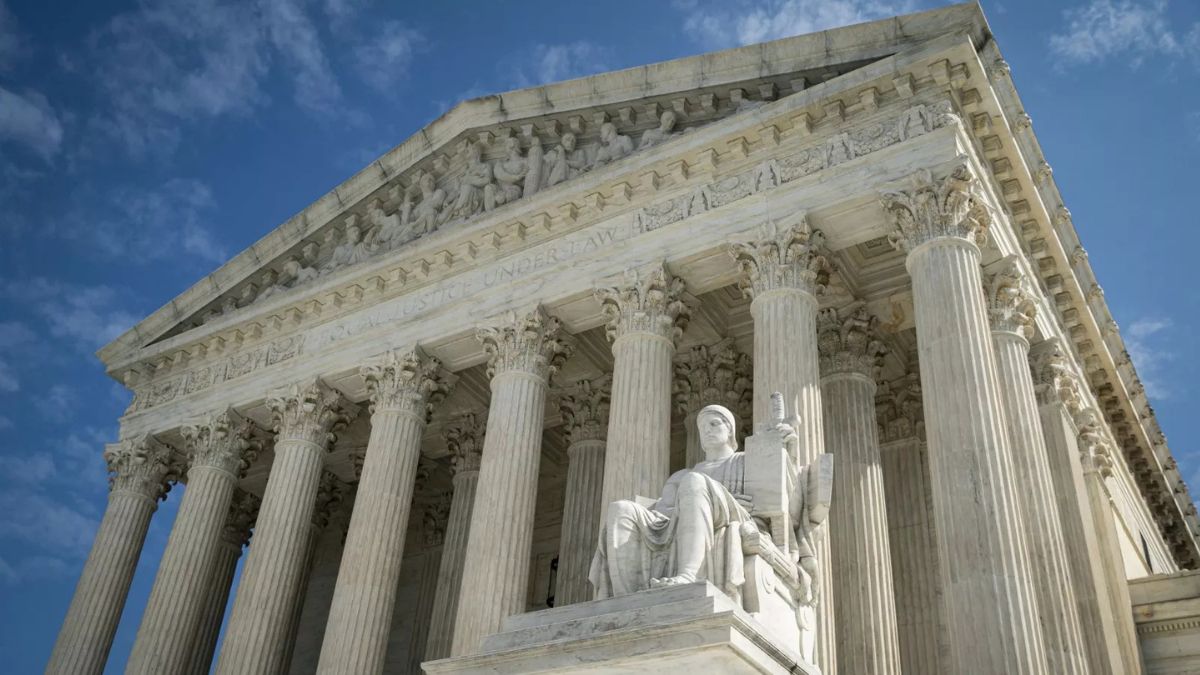

BreakPoint
Don’t Make Her Mad
It was January 1997, but film critics were already predicting the biggest movie hit of the upcoming summer: a film called The Lost World, the sequel to the blockbuster Jurassic Park. The Lost World gives us more of what made Jurassic Park a cultural landmark: rampaging dinosaurs and spectacular special effects. The underlying message of The Lost World is likewise identical to that of Jurassic Park and many other recent disaster films: Don’t mess with nature, because nature is an angry god just waiting to punish humans for their misdeeds. In Jurassic Park—a film based closely on the book by the same name—a team of genetic engineers bring dinosaurs back to life by extracting dinosaur DNA from fossilized amber. In one telling scene from the novel, a consultant named Ian Malcolm warns the owner of the new dinosaur theme park that he shouldn’t meddle with nature. The owner reassures Malcolm: not a chance, he says, that the dinosaurs can escape and “destroy the planet.” Destroy the planet? That wasn’t Malcolm’s concern. “This planet has survived everything,” Malcolm says. “This planet lives and breathes. If we are gone tomorrow, the earth will not miss us.” Notice the language here: The planet “lives and breathes.”—suggesting that Earth is a living organism, with intelligence and purpose. This same theme has popped up in other recent science-fiction disaster movies. Last summer’s megahit Twister featured a climatologist who was convinced that tornadoes were deliberately trying to kill her. What made her think that? Perhaps she’d seen the trailer to the film, which told viewers that periodically nature “will, in a kind of psychotic fit, go completely, randomly mad.” And in Twister, that’s exactly what nature does. In this Hollywood version of science, the natural world not only has intelligence and purpose—it also makes moral judgments. A 1996 movie called Outbreak suggested that if humans mess with the rain forests, nature will send a nasty virus to kill us all. Outbreak was based on the best-selling book The Hot Zone, in which author Richard Preston writes: “The earth is mounting an immune response against the human species. It is beginning to react to the human parasite[s]... [who are] threatening to shock the biosphere with mass extinctions.” There you have it: Humans are a malignant intrusion into nature, and Mother Nature is going to get even. These books and movies reflect an extreme form of environmentalism called the Gaia hypothesis. As Charles Krauthammer writes in Time magazine, “Gaia theory actually claims that Earth is a living organism.” The trouble with this kind of environmentalism, Krauthammer goes on, is that it “indulges in earth worship to the point of idolatry.” An idolatry that is reflected in films that feature dinosaur hit squads and tornadoes with an attitude. These movies are fun to watch, but you and I need to make sure our children understand that the underlying philosophical message conflicts with Christian teachings. According to Scripture, people aren’t pests who make Mother Earth sneeze. They’re just a little lower than the angels, the crown of God’s earthly creation.
01/30/97















